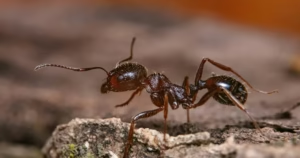What if you had nine Brains, three hearts, and the ability to instantly alter your appearance? Isn’t it reminiscent of a science fiction film? However, this is the usual for octopuses!
One of the most unique and fascinating species on Earth is these amazing marine creatures. Ever wondered, How Many Brains Does an Octopus Have and why? To find out what makes them so unique, let’s investigate their strange and amazing environment.
Three Hearts? Yes, It’s True!
Octopuses have three hearts. Each heart has a special role in keeping this amazing creature alive. Two hearts pump blood to the gills. People often mistake these for “nostrils.” This is where oxygen is absorbed. The third heart sends oxygenated blood from the gills to the rest of the body. As an octopus swims, however, its main heart stops pumping blood! Octopuses crawl along the ocean floor because it’s easier for them. This method saves energy and works well with their complex circulatory system.
Even more strange is that octopuses have blue blood. Why is it blue? Octopuses have copper-based hemocyanin, which carries oxygen. This makes their blood different from ours. Humans have hemoglobin that contains iron. This is what makes our blood red. Copper works better than iron in cold, low-oxygen places, such as the deep sea, home to many octopus species. This gives species like the Giant Pacific Octopus an edge in the icy waters of the Pacific Northwest. A study from the University of Otago shows that this adaptation helps them stay strong under pressure—literally.
Octopuses have a very efficient brain-to-body connection. Their nervous system is spread out. Within their arms are two-thirds of their neurons. This helps them decide quickly and adjust to what’s happening around them. Their three hearts and unique blood chemistry add to their enigma. These traits make the octopus one of the most advanced animals in the ocean.
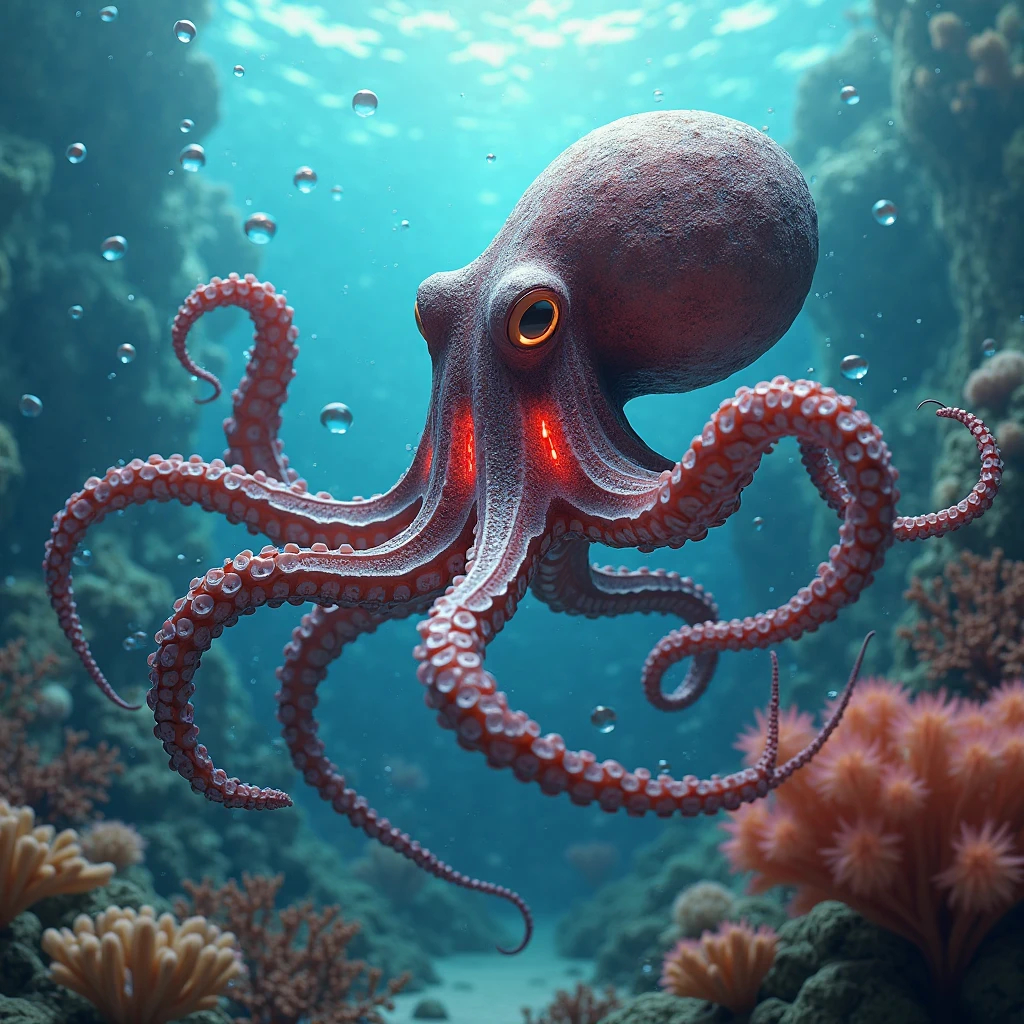
Nine Brains? Absolutely
Octopuses have not just one but nine brains! They have eight miniature brains, one in each arm, in addition to the main brain in their skull. These mini-brains control each arm on their own. This lets them move in complex ways. They don’t have to wait for commands from the main brain. It’s like your hands solving puzzles on their own!
This decentralized nervous system explains their incredible intelligence. At the Seattle Aquarium, octopuses can solve mazes, open jars, and even recognize people. Some even prank their nice keeper. They show off their cleverness and personality. The common octopus octopus scientifically known as Octopus vulgaris, is especially known for these smart behaviors
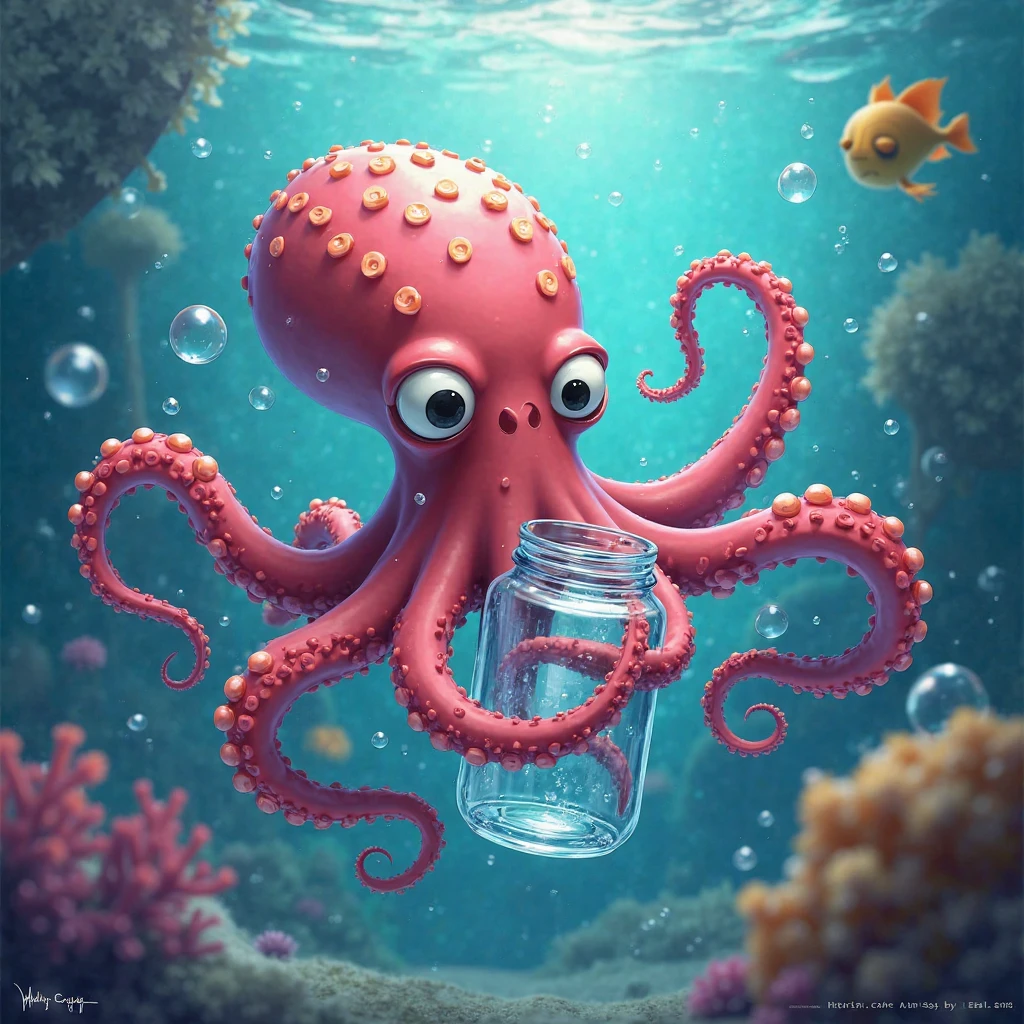
Masters of Disguise
Octopuses are great at escaping. They’re not only smart but masters of disguise. Their skin is made up of special cells known as chromatophores. These cells let them change colors and textures fast. This helps them blend in with coral, mimic rocks, or flash warning colors.
They use this camouflage to hide from predators. It helps them sneak up on prey and communicate with one another. Some species can mimic dangerous creatures. For example, they can imitate lionfish or sea snakes.
Researchers at Otago in New Zealand studied how octopuses adapt quickly. It’s like seeing someone fall upside down and flip upright before hitting the ground. To get themselves out of danger, they can even shoot jets of water.

Short Lives, Big Impact
Despite being incredible animals, octopuses don’t have long lifespans. Most only live for a year or two.
A female produces thousands of eggs after pairing. She doesn’t eat while protecting them for months. She passes away after the fertilized eggs develop, allowing the infants to survive and care for themselves. Regardless of their brief lifespan, they are extremely intelligent and pick up a lot of information in just a short amount of time.
Octopus vulgaris is one of the species that can learn by seeing the actions of others. Their capacity for adaptation intrigues University of Otago marine researchers. Just before the landing, they’ve got the capacity to flip upright.
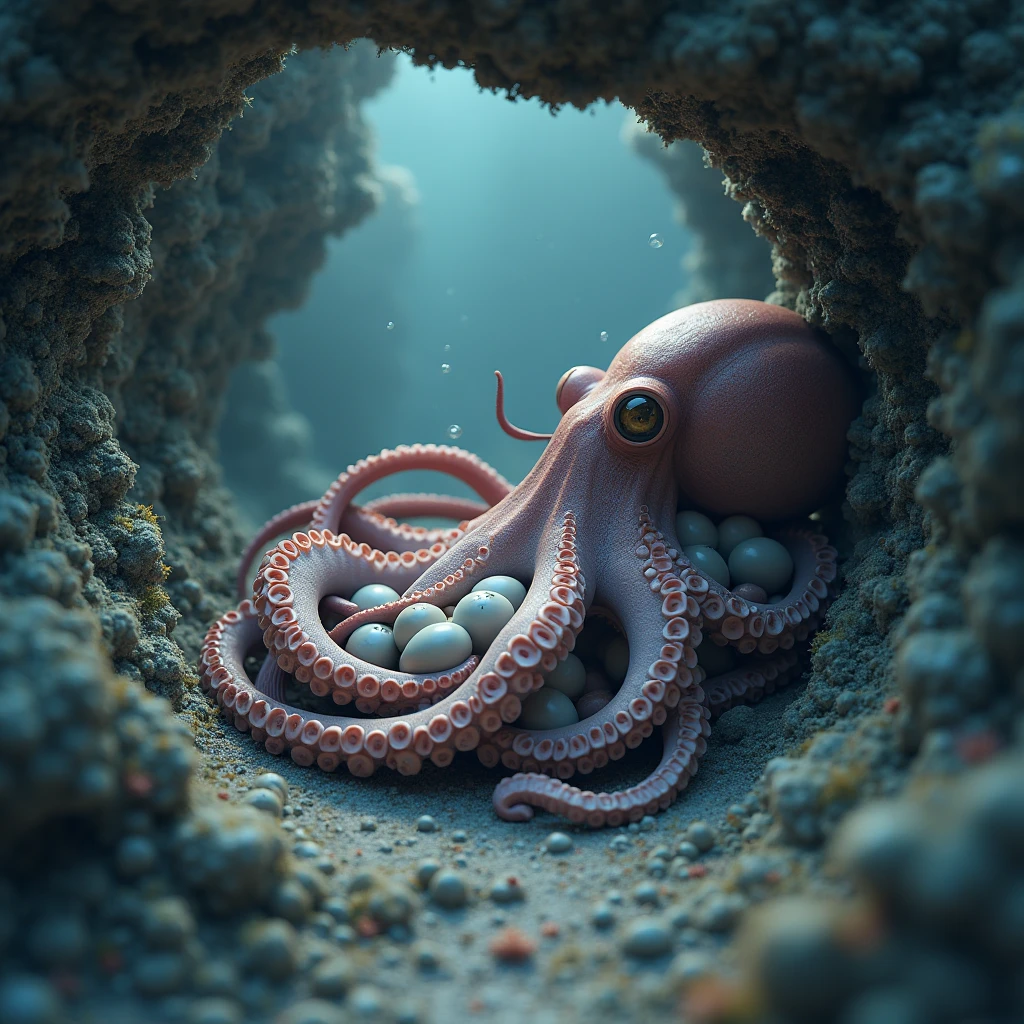
Why Are Octopuses So Unique?
Octopuses are some of the most interesting animals on Earth, and there’s a good reason for that. They have evolved for more than 500 million years. Unlike mammals or birds, they took a different path. This path led to traits that often seem strange or alien to us. Octopuses have no bones. They use their soft, flexible bodies to squeeze through tight spaces. Their true uniqueness is below the surface. They have three hearts, nine brains, and skin that changes color.
Each of their eight arms has a mini-brain. These brains make decisions on their own. The central brain coordinates their complex behaviors. Their optic lobes are well-developed visual centers. This gives them sharp eyesight. They can notice and respond to their surroundings fast and correctly. This link between their brain and eyes helps them a lot. They can master camouflage, solve puzzles, and open jars easily.
One of the most amazing examples of adaptability is the mimic octopus. It can impersonate over 15 sea creatures, like lionfish, sea snakeas, and flatfish. This isn’t just imitation. It’s a smart, shape-shifting way to survive and avoid predators.
Researchers at the University of Otago in New Zealand say octopuses don’t follow typical biological rules. Their nervous systems are spread out, and their behaviors are complex. This challenges how we think about intelligence and evolution. A scientist said octopus evolution is “like an alien turning right-side up in midair.” It’s surprising, fast, and very effective.
Octopuses have strange biology and amazing problem-solving skills. This makes them unique and one of the most mysterious creatures in the animal kingdom.
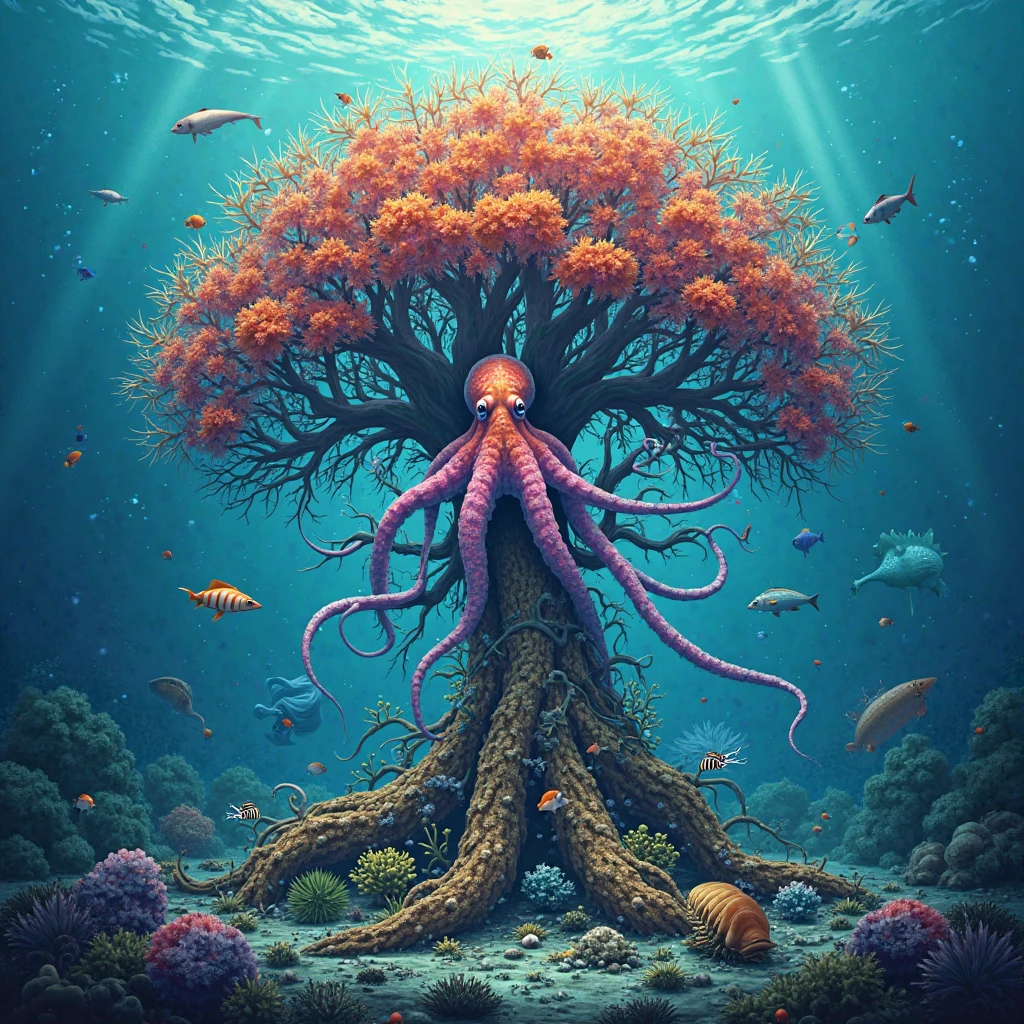
Fun Facts About Octopuses
- Octopuses can pass through narrow gaps as they have no bones.
- Some use coconut shells as portable shelters.
- Certain species can detach an arm to escape predators, and it grows back later.
- They have sharp eyesight.
- They can see polarized light, which helps them see better.
- At places like the Seattle Aquarium, octopuses use objects like bristly sticks to explore their surroundings. This shows they can use tools.
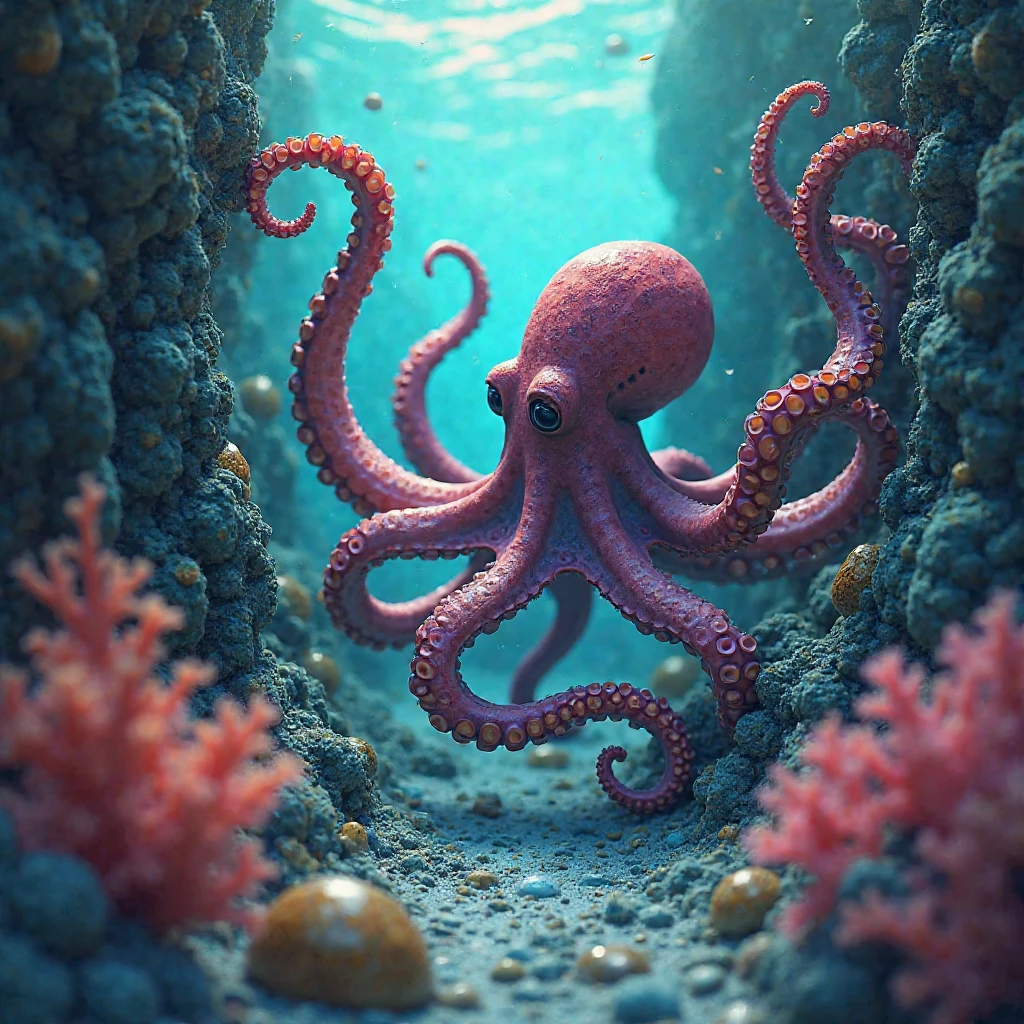
Why We’re Fascinated by Octopuses
Octopuses are amazing creatures. They show just how incredible nature can be. They are bright, versatile, and never fail to surprise. They solve puzzles. They camouflage themselves. They move in surreal ways.
So the next time you see an octopus on TV or at a place like the Seattle Aquarium, take a moment to appreciate just how unique they are. Octopuses show us nature’s endless creativity. They fix their position right before hitting the ground. This shows the sea’s mysterious beauty.
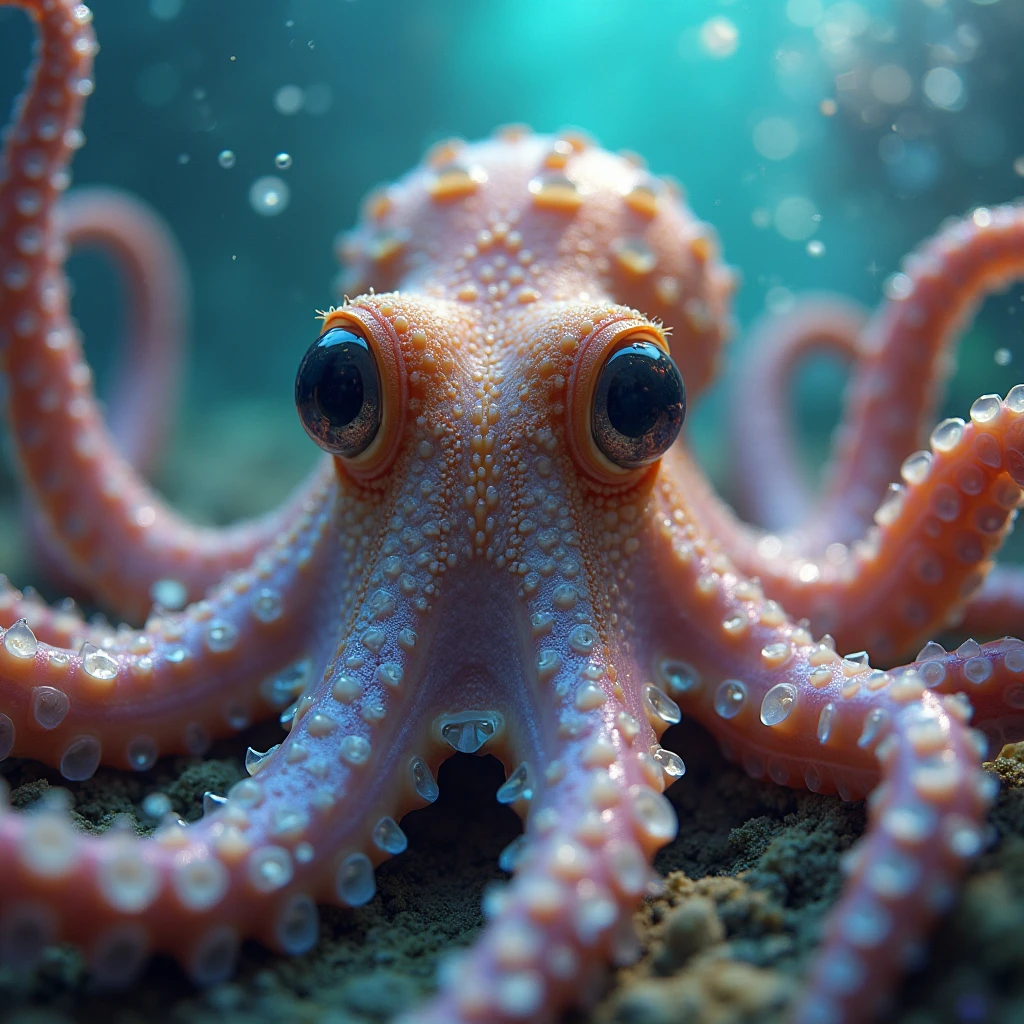
Conclusion: The Ocean’s Most Mysterious Genius
Octopuses are fascinating animals. They have eight brains in their arms, three hearts, and a central brain. This setup lets them move and choose on their own. Species like Octopus vulgaris and the Giant Pacific Octopus are well-known for their ability to solve problems. They also show strong memory and adaptability.
Research from the University of Otago and the Seattle Aquarium shows how octopuses think and behave. They know their keepers. They use a bristly stick to explore. When danger comes, they shoot jets of water to escape.
